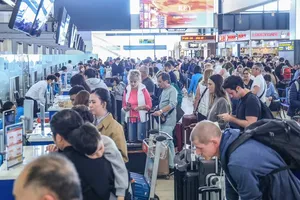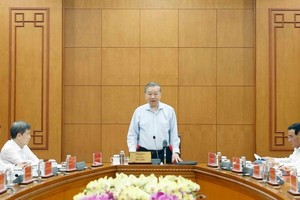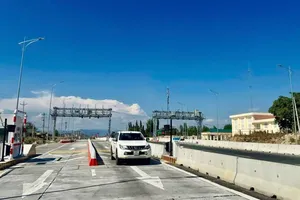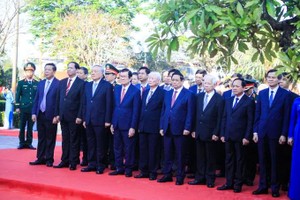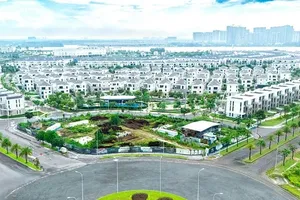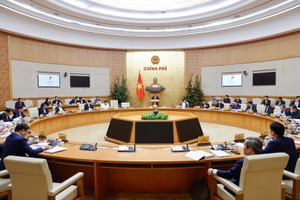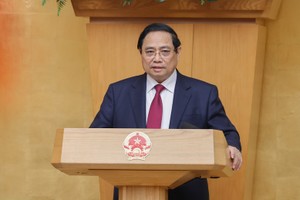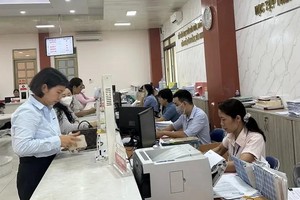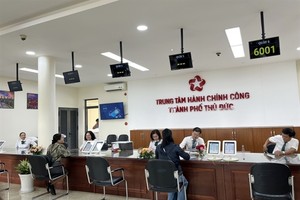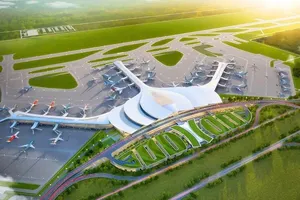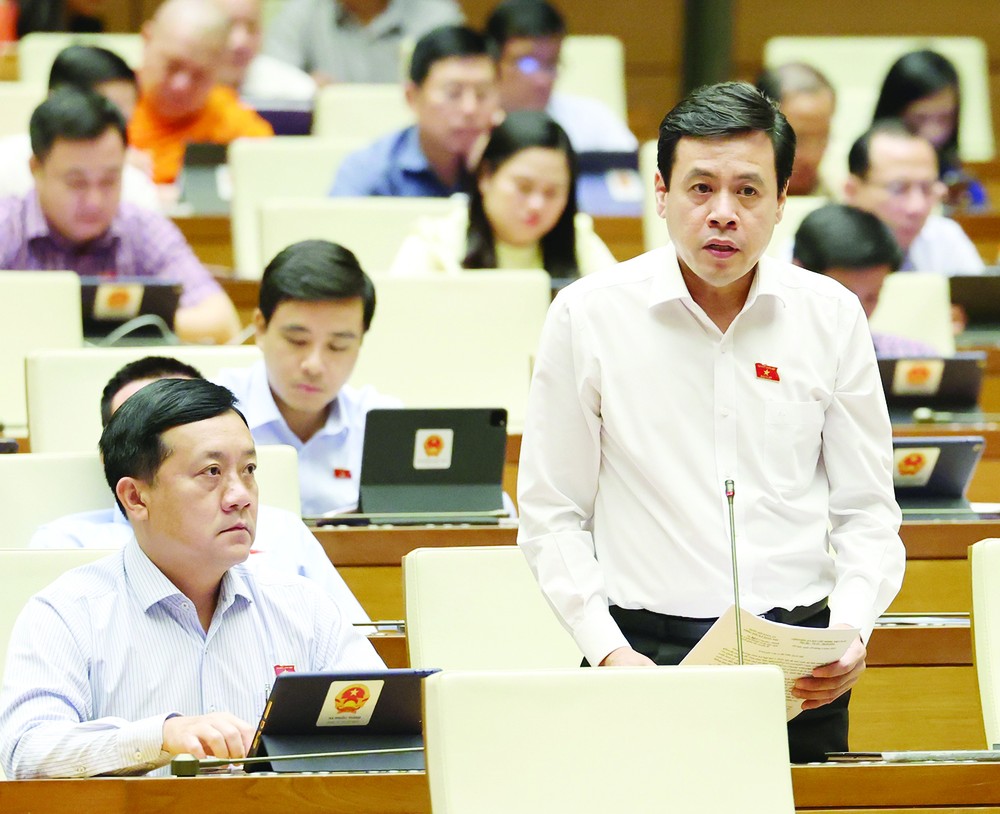
During the seventh session of the 15th National Assembly, representatives discussed the proposed amendment to the Value Added Tax (VAT) Law. The draft law includes a provision to impose a 5-percent VAT rate on 12 groups of goods and services, including fertilizers. However, many National Assembly members expressed different opinions about the application of a 5-percent VAT to fertilizers.
Deputy Tran Anh Tuan from Ho Chi Minh City suggested considering adding certain taxable groups as proposed in the draft law. Currently, Vietnam is implementing the National Assembly’s Resolution No. 43/2022/QH15 on fiscal and monetary policies to support the Economic Recovery and Development Program. This policy aims to continue reducing taxes (reducing VAT by 2 percent until the end of 2024) and implementing measures to stimulate consumption and production until the end of 2025.
He argued that raising the VAT rate from zero percent to 5 percent for some goods used in production would reduce competitiveness for businesses and lead to inflationary pressures on consumer goods, affecting people’s lives.
He analyzed that designing these two policies is very easy to cause conflict, reducing the expansionary fiscal policy being implemented. Therefore, it is necessary to design policies according to a roadmap, especially for agricultural products, to recalculate reasonable tax policies.
It is possible to put into the zero-percent tax rate instead of 5 percent as in the draft law so that businesses can deduct input tax without being pressured to increase prices, helping to implement the expansionary fiscal policy better and more efficiently.
In addition, Mr. Tran Anh Tuan said that from now until the end of 2025, continued implementation of an expansionary fiscal policy is needed when there is still room for maneuver. Therefore, it is necessary to design in the direction of assigning the Government to put into the taxable payers in accordance with the tax reform roadmap, but it is necessary to have an implementation time appropriate to the actual conditions.
In his opinion, taxes on items for fertilizers and inputs for agricultural production still maintained at zero. Then, when the economy has recovered and developed better and returned to good growth, policymakers can consider an increase of 5-10 percent.
Member of the National Assembly Tran Quoc Tuan from Tra Vinh Province believed that fertilizers used to be subject to value-added tax, but after analysis and consideration, policymakers decided to exempt VAT.
He revealed that over the past 10 years, every time he has interacted with voters, farmers have consistently raised concerns about the high prices of fertilizers and agricultural supplies. While these worries persist, the government has proposed imposing a 5-percent VAT on fertilizers, causing even more anxiety among farmers.
He suggests not increasing VAT on fertilizers but adding a provision that allows businesses to deduct VAT for the raw materials used in fertilizer production instead, said Deputy Tran Quoc Tuan.
In response to the opinions of other members of the National Assembly, Minister of Finance Ho Duc Phoc explained that VAT has a broad regulatory scope, affecting most types of goods and services. Crafting regulations in this area is challenging because they touch on the interests of producers and businesses. The draft policy needs to strike a balance to ensure both production and trade development. The drafting committee is conducting thorough research and evaluating the impact of each issue related to VAT policy, aiming to align with international norms. The committee will listen to feedback and reevaluate contentious issues before finalizing the policy for submission.
Regarding fertilizers, Minister Ho Duc Phoc acknowledged that there are different viewpoints on this issue. Domestic fertilizer production accounts for over 70 percent with approximately 11 million tons produced annually while imported fertilizers make up nearly 27 percent (over 4 million tons per year). Therefore, if fertilizers are subject to VAT, businesses can claim input tax credits, providing a resource for technological innovation, cost reduction, and sustainable development. If input tax credits are allowed, it would amount to around VND1,500 billion while applying a 5 percent VAT to fertilizers would yield approximately VND4,200 billion.
Assessing the impact on 9.1 million farmers, the Minister estimates that each farming household would pay an additional VND461,000 per year or VND38,000 per month. The Minister said that the Ministry will seek feedback once again and incorporate it into its proposal to the National Assembly during the year-end session.

